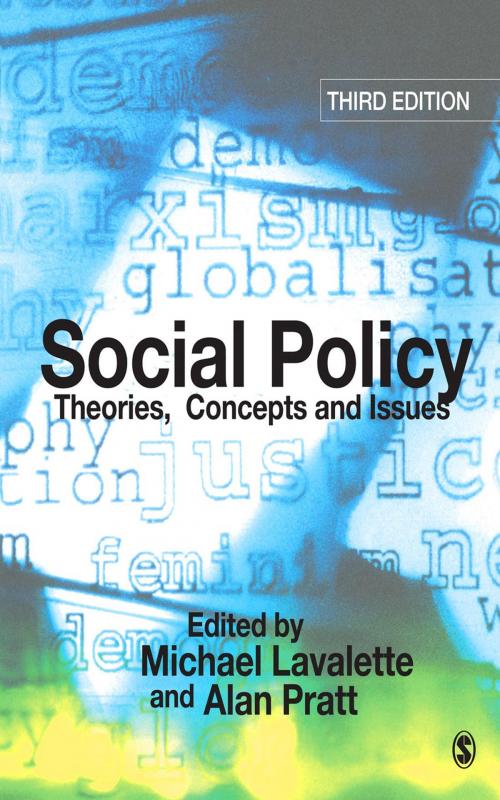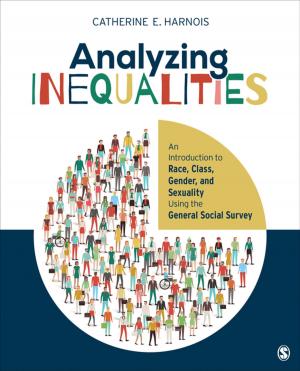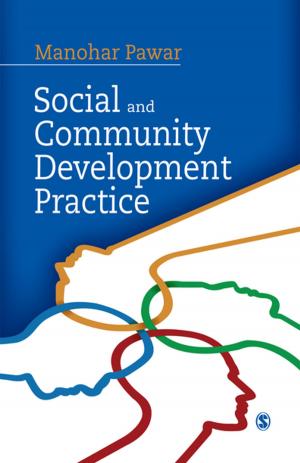Social Policy
Theories, Concepts and Issues
Nonfiction, Social & Cultural Studies, Political Science, Politics, Social Services & Welfare, Social Science, Social Work| Author: | ISBN: | 9781446236673 | |
| Publisher: | SAGE Publications | Publication: | November 15, 2005 |
| Imprint: | SAGE Publications Ltd | Language: | English |
| Author: | |
| ISBN: | 9781446236673 |
| Publisher: | SAGE Publications |
| Publication: | November 15, 2005 |
| Imprint: | SAGE Publications Ltd |
| Language: | English |
The Third Edition of this widely adopted textbook has been thoroughly revised and offers an authoritative and up-to-date coverage of the key theories, concepts and issues in social policy. The lively and readable text has been designed to provide students with the essential tools to gain a clear understanding of the theoretical debates surrounding the discipline.
The book is organized into three parts:
• Part One offers a detailed but accessible critique of major theoretical approaches such as neo-liberalism, Marxism, feminism and racism;
• Part Two explores conceptual debates such as distributive justice and postmodernism;
• PArt Three engages with contemporary social policy issues such as children, pensions and the role of New Labour.
It also features newly commissioned chapters to reflect recent developments and current debates within social policy. New areas of consideration include:
• Citizenship
• Post-structuralism
• The politics of food
• Globalization
Student exercises and reading lists feature throughout the text and practical examples are skilfully used to illustrate conceptual and theoretical material, making it the ideal core textbook for undergraduate social policy students, as well as those studying related welfare modules across the social sciences.
The Third Edition of this widely adopted textbook has been thoroughly revised and offers an authoritative and up-to-date coverage of the key theories, concepts and issues in social policy. The lively and readable text has been designed to provide students with the essential tools to gain a clear understanding of the theoretical debates surrounding the discipline.
The book is organized into three parts:
• Part One offers a detailed but accessible critique of major theoretical approaches such as neo-liberalism, Marxism, feminism and racism;
• Part Two explores conceptual debates such as distributive justice and postmodernism;
• PArt Three engages with contemporary social policy issues such as children, pensions and the role of New Labour.
It also features newly commissioned chapters to reflect recent developments and current debates within social policy. New areas of consideration include:
• Citizenship
• Post-structuralism
• The politics of food
• Globalization
Student exercises and reading lists feature throughout the text and practical examples are skilfully used to illustrate conceptual and theoretical material, making it the ideal core textbook for undergraduate social policy students, as well as those studying related welfare modules across the social sciences.















